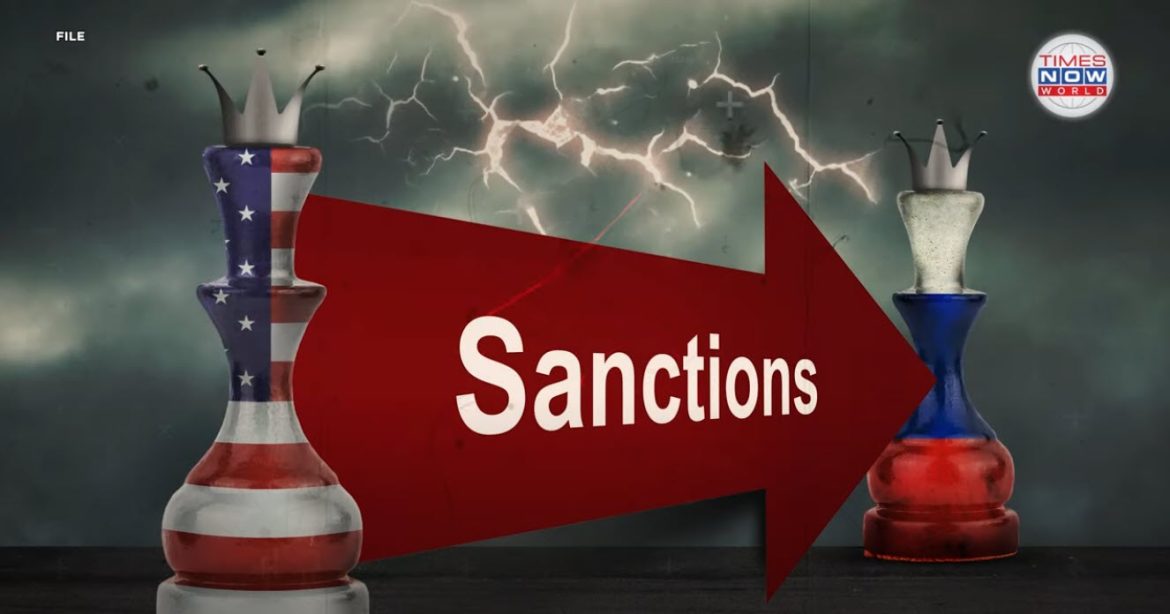The Biden administration is intensifying its sanctions on Russia as G7 leaders convene in Italy this week. National Security Adviser Jake Sullivan announced that the new sanctions are specifically designed to prevent China and other entities from aiding Moscow’s war effort against Ukraine. In response, Russia has vowed to retaliate against what it terms as the “aggressive actions” of the United States.
As part of the broader strategy to support Ukraine, the White House has also revealed plans to utilize frozen Russian assets. These new measures are intended to further disrupt Russia’s military operations and bolster Ukraine’s defense capabilities. Discussions among G7 leaders include the proposal to use interest from these frozen assets to provide a $50 billion loan to aid Kyiv. National Security Council spokesman John Kirby emphasized the importance of targeting entities that support Russia’s defense sector.
British Foreign Minister David Cameron has reiterated the strategic significance of leveraging frozen assets, viewing it as a crucial step in the international effort to weaken Russia’s war machinery. The sanctions are expected to put additional economic pressure on Russia, aiming to cut off resources that could be used in its ongoing invasion of Ukraine.
Adding to the diplomatic push, President Biden is set to sign a bilateral security agreement with Ukrainian President Volodymyr Zelensky. This agreement will further cement the support of the United States for Ukraine’s sovereignty and defense needs. President Zelensky will also attend the G7 summit, where he is expected to advocate for increased Western support and continued economic and military assistance.
Amid these developments, tensions remain high as Russia responds to the sanctions with threats of retaliation. Recently, Russia escalated its military actions by destroying Ukraine’s Su-27 fighter jets, indicating a continued and intense conflict. The G7 summit, therefore, takes on critical importance as global leaders seek to coordinate their efforts to support Ukraine and counteract Russian aggression.
The international community watches closely as the situation evolves, with the hope that coordinated sanctions and diplomatic efforts will lead to a resolution of the conflict and a stabilization of the region.



